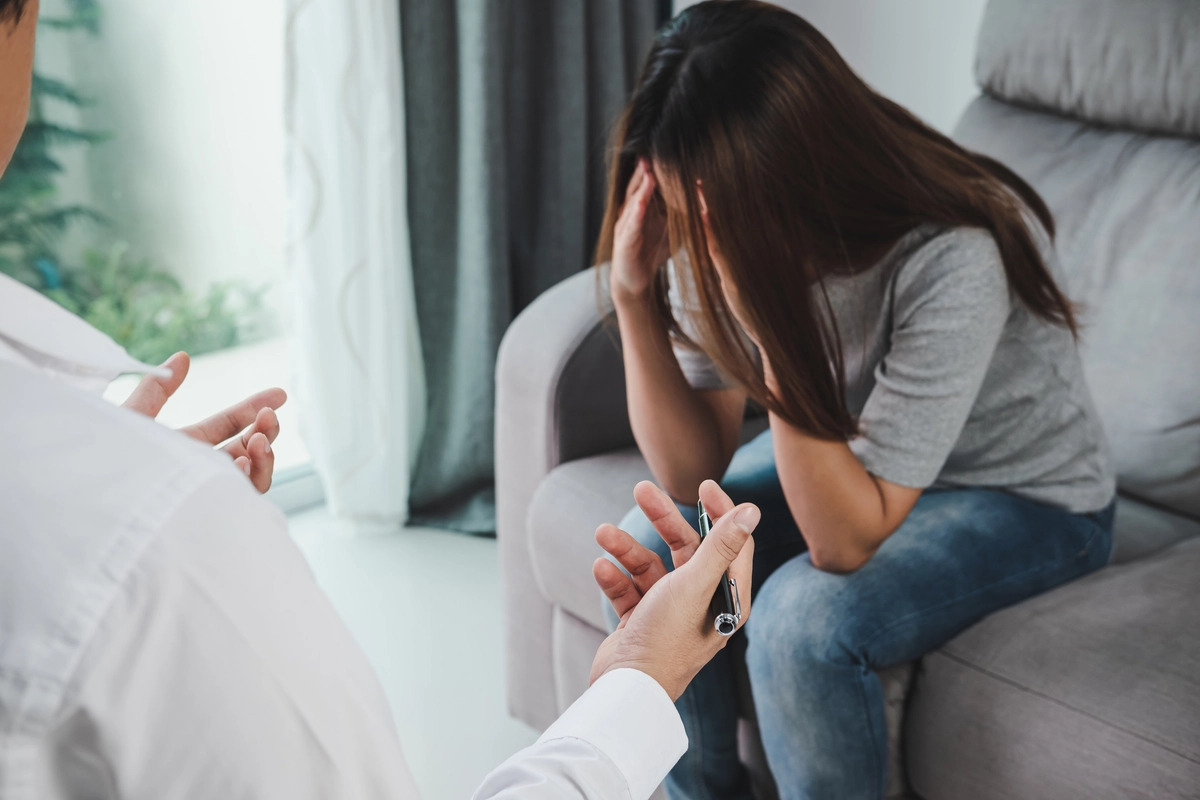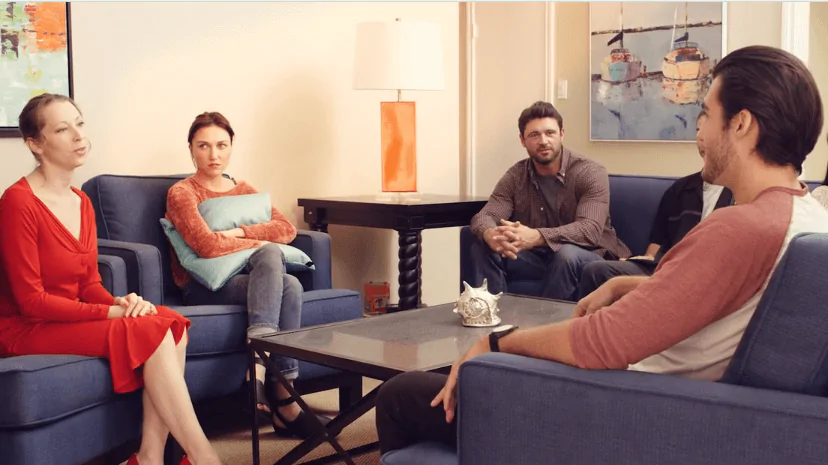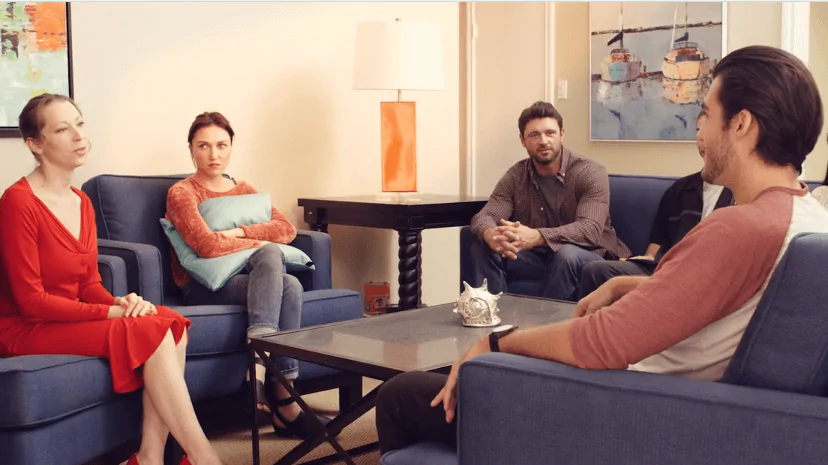24/7 Helpline:
(866) 899-111424/7 Helpline:
(866) 899-1114
Learn more about Bipolar Disorder Treatment centers in Morven
Bipolar Disorder Treatment in Other Cities

Bridges of Hope – Morven
Bridges of Hope is a long-term residential Recovery Center with five locations in the State of Georg...
















































































Other Insurance Options

PHCS Network

BlueShield

Health Net

BHS | Behavioral Health Systems

Oxford

Optum

Medical Mutual of Ohio

UnitedHealth Group

Humana

Highmark

EmblemHealth

Magellan

ComPsych

Lucent

Providence

Molina Healthcare

Amerigroup

Multiplan

United Health Care

BlueCross